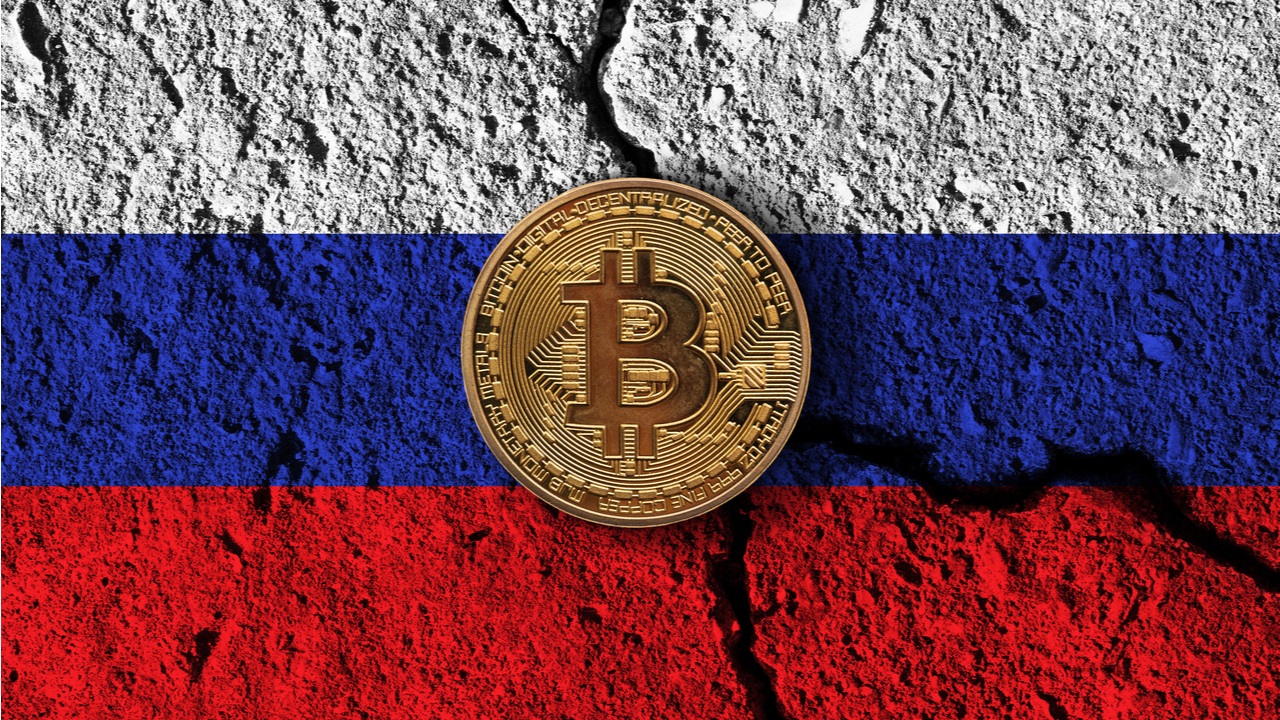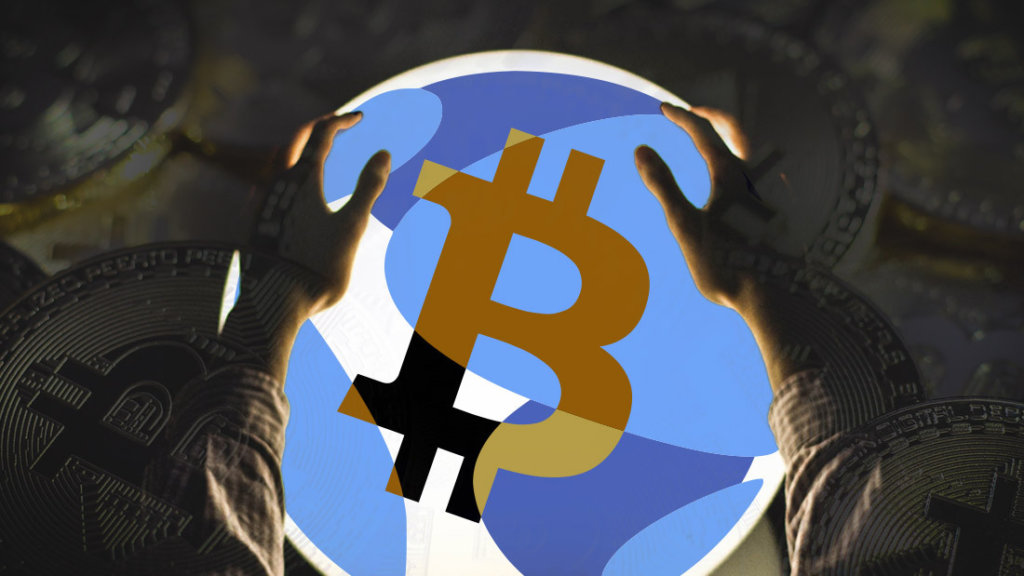Russia Aims to Bypass Western Sanctions with Crypto, Says Chainalysis
07.09.2024 11:00 1 min. read Alexander Stefanov
Blockchain analytics firm Chainalysis reports that the Central Bank of Russia (CBR) is spearheading efforts to incorporate cryptocurrency into the country's financial infrastructure, aiming to facilitate cross-border transactions and bypass Western sanctions.
New legislation enacted on August 8, which President Vladimir Putin has signed, now permits cryptocurrency mining and its use in international trade. Testing for crypto payments is set to start in September.
These legislative changes are part of Russia’s strategy to diminish reliance on the US dollar and explore alternative financial systems amid escalating geopolitical tensions. The CBR is also advancing its digital ruble, a central bank digital currency (CBDC) slated for a 2025 launch. Certified mining operations will be allowed to use digital currencies for international transactions.
Chainalysis highlighted that Russian cryptocurrency exchanges like Tetchange, 100btc, Bitzlato, Suex, and Garantex, based at the Moscow International Business Center, might be leveraged for these payment activities. Garantex, in particular, is noted for its substantial liquidity and could be significant under the new regulations.
Additionally, Exved, linked with InDeFi Bank and co-founded by Sergey Mendeleev and media figure Alexander Lebedev, has reportedly been handling import and export transactions even before the legislation’s formal approval.
Despite the complexities introduced by Russia’s evolving crypto landscape, Chainalysis maintains that blockchain transparency will remain a key tool for monitoring these financial activities.
-
1
Big Funds Sell $51B in May, But Buybacks Cushion U.S. Stock Market
20.06.2025 10:00 2 min. read -
2
BlackRock’s Bitcoin ETF Now Out-Earning Its $624B S&P 500 Fund
03.07.2025 10:00 1 min. read -
3
Canton Network Developer Secures $135M to Expand Institutional Blockchain Use
25.06.2025 12:00 1 min. read -
4
AI Revolution Could Send Nasdaq Soaring, Says Market Expert
19.06.2025 14:00 1 min. read -
5
Reddit Might Embrace Worldcoin’s Iris Scan to Verify Users Without Doxxing
21.06.2025 14:00 2 min. read
Ripple Selects BNY Mellon as Custodian for RLUSD Stablecoin Reserves
Ripple has chosen global banking giant BNY Mellon to act as the primary custodian for reserves backing its enterprise-grade stablecoin, Ripple USD (RLUSD).
Here is Why the Fed May Cut Rates Earlier Than Expected, According to Goldman Sachs
Goldman Sachs now expects the Federal Reserve to begin cutting interest rates sooner than previously anticipated, forecasting the first reduction as early as September 2025.
Robinhood Faces Scrutiny from European Bank Over Tokenized Stock Offerings
Lithuania’s central bank has reached out to Robinhood for further details regarding its newly launched stock token products, following a public distancing by OpenAI from the initiative.
USA Imposes Tariffs on Multiple Countries: How the Crypto Market Could React
As President Trump accelerates his tariff strategy ahead of the August 1 deadline, new White House letters reveal formal trade warnings sent to multiple nations, including Tunisia, Cambodia, Indonesia, and others.
-
1
Big Funds Sell $51B in May, But Buybacks Cushion U.S. Stock Market
20.06.2025 10:00 2 min. read -
2
BlackRock’s Bitcoin ETF Now Out-Earning Its $624B S&P 500 Fund
03.07.2025 10:00 1 min. read -
3
Canton Network Developer Secures $135M to Expand Institutional Blockchain Use
25.06.2025 12:00 1 min. read -
4
AI Revolution Could Send Nasdaq Soaring, Says Market Expert
19.06.2025 14:00 1 min. read -
5
Reddit Might Embrace Worldcoin’s Iris Scan to Verify Users Without Doxxing
21.06.2025 14:00 2 min. read


